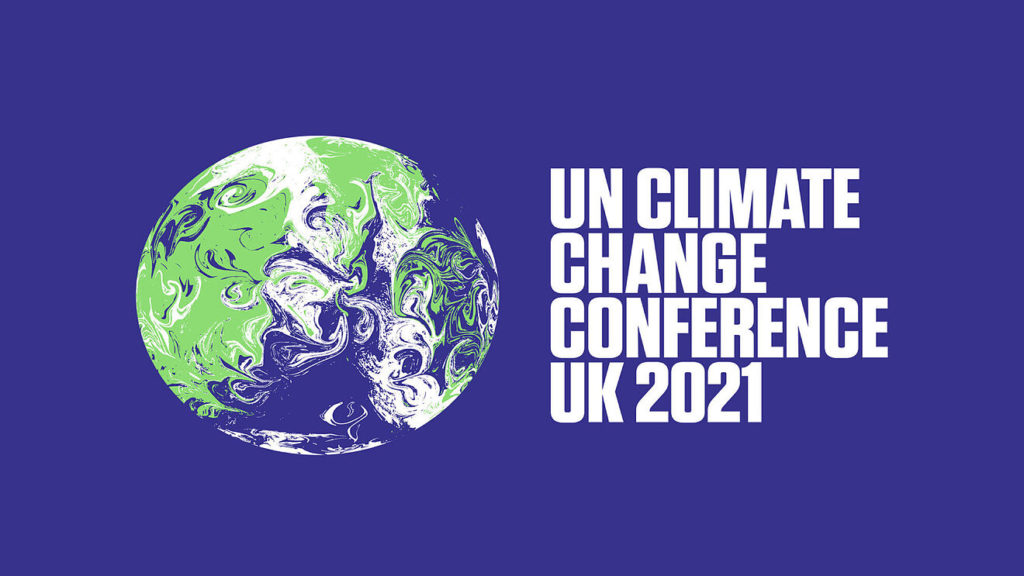THE United Nations Cop26 Glasgow Climate Pact signed on November 14 is another confirmation of what we learned in Durban in 2011, at the 17th UN climate summit.
As expressed accurately by indigenous activist Ta’Kaiya Blaney (from the Tla A’min Nation in western Canada): “Cop26 is a performance. It is an illusion constructed to save the capitalist economy rooted in resource extraction and colonialism”.
Greta Thunberg from Sweden was also clear: “The Cop26 is over. Here’s a brief summary: Blah, Blah, Blah. But the real work continues outside these halls. And we will never give up, ever.”
The climate activists are not being critical for the sake of it. These half-dozen concrete demands were what we believe the Glasgow Cop26 could have delivered – but didn’t:
·Cut greenhouse gases: adopt sufficiently ambitious and binding global greenhouse gas emissions reduction requirements so as to keep temperatures below 1.5ºC, ensure the cuts are fairly distributed, impose accountability mechanisms including substantial penalties, and incorporate military, maritime and air-transport sectoral emissions;
·Transition gracefully: ensure job-rich “Just Transitions” from carbon-addicted economies for all affected workers and communities in what, during decarbonisation, become radically transformed – and increasingly localised, public- and worker-controlled – systems for energy, transport, tourism, agriculture, urbanisation, production, consumption and disposal;
·Redress social injustices: empower oppressed constituencies in racial-justice, Indigenous, Global South, feminist, LGBTQI and especially youth communities, and provide formal rights for nature, for climate migrants and refugees, and for future generations;
·Manage green technology as a global public good: allow dissemination of climate-friendly technology and localised production techniques without Intellectual Property restrictions, commit to universal clean-energy and public transit access, adopt far-reaching agricultural and food-sovereignty reforms, avoid tech-fix “False Solutions” based on geoengineering fantasies, timber-plantation sequestration, dangerous genetic modification or nuclear energy, and prevent damaging “extractivist” supplies of Green Economy mineral inputs that wreck local ecosystems;
·Leave fossil fuels underground: compel owners or managers of oil, gas and coal reserves to cease new exploration (and most current extraction), simultaneously revalue their “unburnable carbon” accordingly – to be accounted as “stranded assets” – and end trillions of dollars worth of annual government fossil fuel subsidies;
·Finance planetary and social survival: apply carbon taxation and pricing judiciously (not with regressive results, such as the taxes revolted against by working-class French and Ecuadoreans in 2018-19), dispense with failed emissions trading and offset gimmickry, replace debt-based finance with grants, and honour historical responsibilities for the ‘climate debt’ that large emitters owe so as to fully cover “loss and damage” reparations, costs of climate-proofing adaptation and resilience, and compensation for the low-emissions countries’ use of carbon space now precluded from being utilised, thanks to high-emitter overuse.
One example is the much-celebrated finance deal that Eskom CEO Andre de Ruyter arranged with the US, UK, Germany and France: R131 billion in additional debt that he wants to impose on future generations, in part so as to convert some power plants from coal-to-renewable energy, but also coal-to-methane, increasing our reliance upon imports from the war-riddled Mozambique gas fields.
What the imperial powers making these new “concessional” – yet inappropriately hard-currency hence more expensive – loans want most is repayment of Eskom’s R400 billion in “Odious Debt”: the 2010s loans for coal-fired power plants Medupi and Kusile even though the Hitachi alleged corruption of the African National Congress was well known to lenders like the World Bank, BRICS New Development Bank and the West’s export-credit agencies.
We suffer a combination of villain and victim status, for example in KwaZulu-Natal:
·Among our country’s worst emissions are the local poisons and greenhouse gases emanating from Africa’s largest petroleum-refinery and petro-chemical complex, where starting in 1995, the South Durban Community Environmental Alliance has battled onshore pollution, offshore oil and gas drilling (most recently by irresponsible multinational corporates Total, Shell and Sasol) and ever-leaking petrol pipelines.
· In October 2020, at Somkhele – close to the uMfolozi wilderness area at Africa’s oldest nature reserve – the heroic role of Fikile Ntshangase fighting coal mining expansion led to her assassination, and ongoing damage to both the global climate and local ecology and society there.
· In Durban North’s Cornubia suburb, in July 2021, the dangers of carbon-intensive, fertiliser dependency by agricultural corporations was unveiled when arson, national government’s “fast-track” foreign direct investment attraction gimmickry (for Mumbai-based UPL), and non-existent provincial and municipal environmental regulation, together caused catastrophic chemical reactions.
South Africa’s oil, gas, petrochemicals, fertilisers, coal and many other extractive-industry“‘Minerals-Energy Comple”’ activities must be rethought – and in the process, a genuine Just Transition for workers is essential. One reason is that any full-cost accounting would render these investments as uneconomic, because there are enormous levels of harmful hidden subsidies.
As Thunberg argues, we must now redouble our efforts to do real work: halt the polluters as we see them at the coalfaces here in South Africa, and start Just Transition planning and so many other climate-emergency responses, from the grassroots, powered by the values of justice.
Desmond D’Sa coordinates the South Durban Community Environmental Alliance and Patrick Bond is professor of sociology at the University of Johannesburg.
